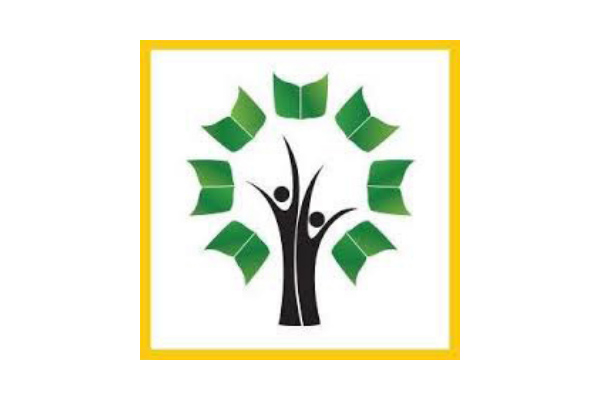With the singular objective of improving the quality of education in India, Hyderabad headquartered Next Education India Pvt. Ltd., India’s leading education solutions provider, has recently launched Learning Management System (LMS) on its NextLearningPlatform. The Learning Management System provides a 360 degree understanding of students’ learning progress to teachers as well as parents.
As the world is fast transitioning to a knowledge economy, it is imperative for a child to become an active contributing member and stay equipped with the 21st-century skills, such as critical thinking, creative thinking, and problem-solving, rather than merely relying on subject matter knowledge. The newly introduced LMS on Next Education’s online learning platform enables students to get access to customised learning content and detailed lesson plans. It also allows them to gauge the knowledge gained through adaptive assessments, thereby driving deeper learning. Furthermore, an LMS reduces teachers’ burden to a large extent by facilitating course management and tracking of homework and student performance.
Speaking on the sidelines of the launch of LMS, Beas Dev Ralhan, CEO & co-founder of Next Education, said, “There are many school students in India who fail to thrive due to a lack of proper academic benchmarks and effective ways of gauging learning outcomes. Adoption of LMS on the NextLearningPlatform can be a revolutionary step towards improving the quality of education in India as it can track the learning progress made by the students and suggest corrective measures, whenever they get deviated from the learning paths. Moreover, since 68 percent of the Indian population resides in rural India, remote schools with low resources fail to deliver quality education to many students. However, LMS, with its affordable integrated adaptive learning software, can solve this grave issue by delivering customised quality education to the students and also track the progress of their courses. After all, learning is not restricted to classrooms and cannot even happen in a vacuum.”
The discussion forum on the learning platform brings together different students, thereby enabling peer interaction. An open interaction of this sort not only allows them to raise and clarify each other’s doubts, but also hones their interpersonal and problem-solving skills. Furthermore, the platform notifies students when homework is assigned, and reminds them to complete the pending tasks before due date.
Besides students, the LMS also helps other stakeholders, i.e. parents, teachers and the school management, in tracking the progress and performance of the students. It also enables teachers to create engaging content using creation tools, plan their lessons, share those with their colleagues as well as students, identify individual knowledge gaps and personalise learning plans to meet the unique requirements of students. Parents, too, can measure their ward’s daily progress on LMS. Moreover, adopting the LMS through NextLearningPlatform will enable schools, which face difficulty in maintaining a consistent course plan, to execute changes in the curriculum design and syllabus based on the needs of the students. These schools will also be able to accurately measure the individual performance of teachers and track the real-time progress of all courses efficiently. Clearly, with the introduction of LMS, the future seems promising for the Indian education sector, which is moving towards a complete overhaul by resolving some of the long-pending roadblocks.
